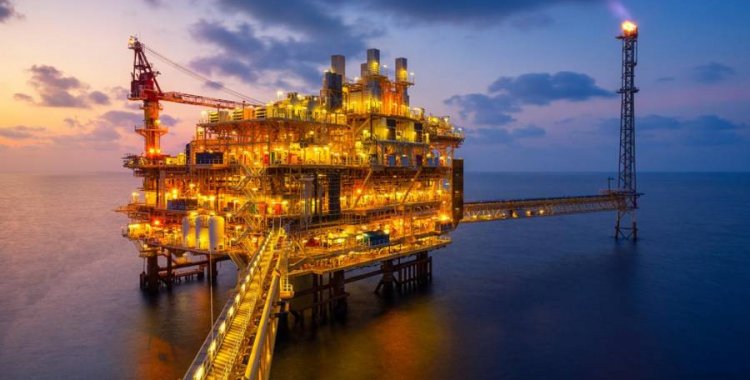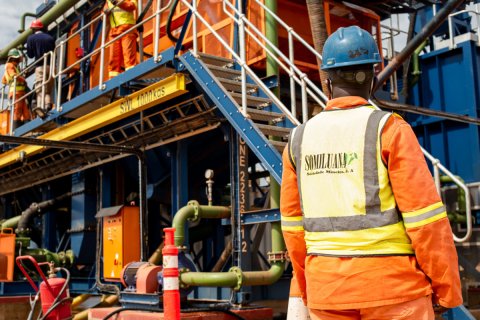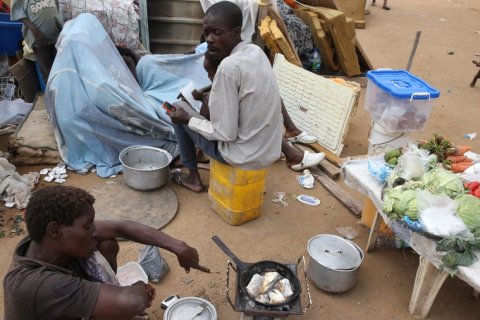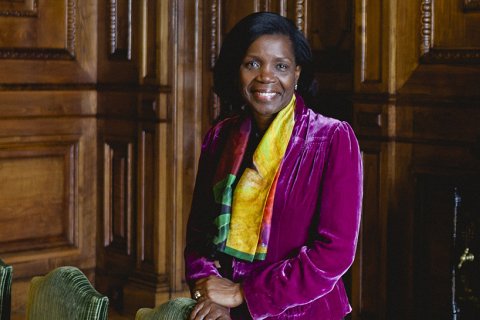"Without a doubt, from the dependency point of view, we have to understand that 95 percent of Angola's exports come from the oil sector, this is a variable that will not change in the next five years, it will take a long time for the transformation to happen, but if there is no progress in the reforms, this dependence will be perpetuated", said the economist.
According to Faúsio Mussá, for many, despite the volatility of the price of oil, the exchange rate in Angola remained stable and, "fortunately", he stressed, after a certain moment the authorities understood "that it was not sustainable".
"And a correction of the exchange rate was implemented, which at a certain point led to inflation. From the economic point of view, this dependence remains not only in relation to export revenue, but in relation to GDP (Gross Domestic Product)," he pointed out.
Agriculture "is an extremely important sector for Angola, mainly because a large part of the population lives from this sector, but it still has a very small contribution to GDP".
"It is a sector that traditionally flourishes if there is infrastructure, if there is investment, it is expected that the progress in the structural reforms that the Government is implementing will stimulate the increase in agricultural production", he stressed.
Speaking late on Wednesday afternoon, in Luanda, during the third edition of the "Economic Briefing 2022", organized by the SBA, the Mozambican economist also praised the "courage" of the Angolan Government in maintaining the reforms until the election phase of last August.
"In a very courageous way, Angola maintained reforms until the verge of the elections, the exchange traded at 650 kwanzas per dollar very close to the elections, that is, there was a very strong commitment to maintain structural reforms in this economy that helped to bring some flexibility to the reduction of inflation that we are seeing now", he said.
But, for Faúsio Mussá, "no doubt it is expected that in the near future there will be pressure to increase social expenses, on the one hand to help reduce the pressure that inflation brings on families on the cost of living in this economy".
"But, on the other hand, while it is necessary to serve families and create some stability, justice, which is considered as a dish on the table, it is likely that there will be an effort to look into these social issues", he stressed.
He also defended the increase in investment expenditure, especially for the Angolan private sector: "Because only with investment in infrastructure can agricultural production reach the market".
"That makes it possible to consistently lower prices and reduce the dependence that Angola has on imports", he pointed out.
Stability vs. Economic Transformation in Angola was the theme of the meeting, when the chief economist of Standard Bank considered that only investment and commitment to maintaining reforms can keep Angola away from the volatility of oil prices.
An important dynamic in recent years in Angola, he added, "has been the increase in GDP from a nominal point of view, this GDP has undoubtedly been inflated, inflation increases the nominal value of GDP, but it also benefited from an exchange rate that appreciated".
"So, we have a GDP that came out of 60 billion dollars in 2020 and this year will probably close around 120 billion dollars", he estimated.
He also pointed out that the change in GDP, "combined with the fiscal prudence that Angola has shown in recent years", allowed for a substantial reduction in the public debt-to-GDP ratio.
"From 120 percent in 2020, this ratio is below 70 percent this year, which can make us think that Angola has additional space to contract new debt," he stressed.
According to Faúsio Mussá, the kwanza depreciated by around 10 percent in October and by 11 percent until mid-November 2022, admitting that internal factors are at the origin of the devaluation of the Angolan currency.
The Balance of Payments current account, he explained, "still shows an extremely high level of robustness 9 billion dollars was the Balance of Payments current account balance in the first quarter of 2022, which is an exceptional value for this economy."
"The treasury is a major operator of the foreign exchange market, about a third of the currencies that are supplied in the foreign exchange market are made available by the treasury, there were probably some internal factors that dictated some reduction in the money supply and for that reason we have a depreciation of the exchange rate", he argued.
"Fortunately, the exchange rate reacts to this situation, whenever there is an imbalance between supply and demand, the kwanza reacts and this is healthy, because if that did not happen, the market could be operating in a situation where the exchange rate remains stable" , pointed out.
A "strong discipline" from the point of view of macroeconomic management in Angola is what Faúsio Mussá also defended: "In other words, if there are no fundamentals that allow currency stability, the currency has to reflect this balance between demand and supply", he concluded.







